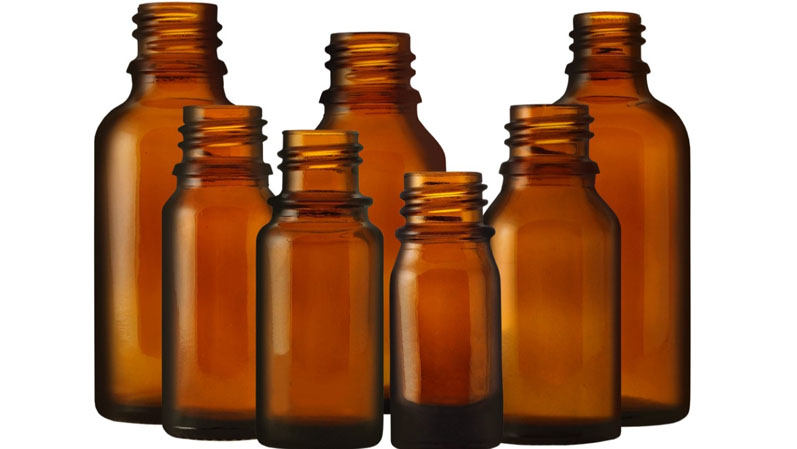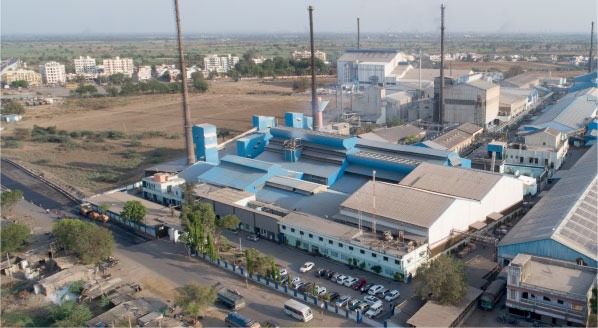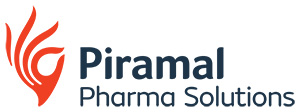Amidst changing market dynamics, the global pharmaceutical sector’s glass packaging standards are becoming ever-more stringent. Piramal Glass Private Limited is a global specialist in the design, production and decoration of premium glass packaging (flaconnage).
Headquartered in India and equipped with end-to-end glass packaging solutions in more than 50 countries under the globally recognised brand name of Piramal Glass, the company is the largest speciality glass player in Asia and one of the fastest-growing companies in the world.
It’s a one-stop-shop for glass packaging solutions in a variety of sectors, including pharmaceutical, cosmetics and perfumery, speciality foods and beverages. With best-in-class manufacturing facilities and a market-leading blend of technology, design and layout, Piramal Glass aims to meet and exceed customer expectations.
According to Vijay Shah, Piramal Glass Vice Chairman, the company "aspires to become the world’s most preferred supplier of glass flaconnage by continuously adding value and providing superior quality and unmatched service".
Shah has played a pivotal role in making Piramal Glass the largest specialty glass player in Asia. In the last few years, he has spearheaded the company’s adoption of digitalisation in manufacturing facilities throughout India, resulting in improved efficiency and productivity while accelerating its growth path.
We work with all the leading pharma companies across the globe and remain committed to manufacturing the best type-1 glass for their applications
In fact, under his leadership, Piramal Glass has grown to become the producer of every third nail polish bottle in the world, a leader in the US speciality food and beverage industry, one of the top three companies in the world with a comprehensive in-house capability to produce borosilicate type-1 moulded glass containers and the only Asian contender challenging the perfumery glass packaging segment in Europe.
At the recent CPhI Worldwide event in Frankfurt, Germany, we sat down to discuss the company’s current and future plans for the pharmaceutical market.
KSR: You commented earlier in the year (2019) about increasing the company’s business in Europe and the US. What steps have you taken so far and what results have you achieved?
VS: To serve our customers in the pharma space, Piramal Glass has its own manufacturing facility in Park Hills (Missouri, US) and a marketing function in the US. In addition, we also have a dedicated warehousing facility and sales, customer service, product development and quality teams in North America.
In Europe, we have a similar infrastructure (except for manufacturing), which helps us to serve our clients within these major markets. We work with all the leading pharma companies across the globe and remain committed to manufacturing the best type-1 glass for their applications.
KSR: In terms of serving the pharmaceutical market, could you comment on some of the key challenges involved in producing glass container products?
VS: In general, pharmaceutical bottles sport relatively simple designs but must be manufactured to meet tight tolerance limits because they’re often filled in high-speed lines. However, with glass being a fragile material, the breakage of containers during the various stages of production, inspection, loading and transportation, etc., is a major challenge.
Additionally, the handling of bottles at the customer end of the process can also present problems. Any contamination of the container poses a significant risk for pharmaceutical applications. Hence, inspection of the bottles after production is an absolute requirement.
Piramal Glass has many automatic inspection machines that check the bottles online. Also, every bottle is manually examined by qualified sorters. To avoid any contamination, bottles are packed in controlled environments. Then, all the packed wares are properly tagged for easy traceability. A pre-dispatch audit is also done to ensure that customers receive good quality bottles.

KSR: Many organisations, particularly in pharma, talk about sustainability. How is Piramal Glass addressing this increasingly important issue?
VS: Piramal Glass believes in designing, manufacturing and promoting the most sustainable packaging solutions. An important element of our sustainability strategy is to use both raw materials and energy responsibly.
We are increasing our use of eco-friendly power supplies and recycled glass to reduce our overall energy consumption and carbon footprint, thus contributing to a safer and greener work environment. Recently, we have also developed thin, lightweight glass bottles, further decreasing the company’s energy and raw material consumption.
We have invested in both solar and wind power to the extent allowed by the local authorities, so almost every square foot of our plant roofs is covered by solar panels. Furthermore, all our plants are “zero discharge.” In other words, we do not allow any untreated water/effluents into the environment.
We have constantly invested in the field of environmental preservation and have made significant changes to our processes to achieve our sustainability goals. Today, we not only meet our regulatory requirements but also make a significant contribution to the environment as a result of our ongoing initiatives.

Piramal's manufacturing facilities are located in the US and India
KSR: With more regulatory pressure and more stringent standards for patient safety affecting pharma glass, could you talk about your quality control environment?
VS: At Piramal Glass, we have very strong quality control (QC) and quality assurance (QA) systems in place. Most of our units are ISO 9001, 14001 and 18001 certified (IMS certified). In addition, our pharmaceutical glass manufacturing sites are FSSC 22000/BRC-GS and ISO 15378 certified for GMP.
As patient safety is very important, we have the latest automatic inspection lines for finish, sidewall and bottom inspection to reject any defective bottles.
As I previously mentioned, every bottle is inspected by qualified sorters and then packed in an approved configuration. Before the bottles are sent to the storage location, they are checked again by the QA team; pallets that pass inspection are labelled, and each and every packet is properly accounted for and stored in proper warehouses.
The entire facility is well maintained and we use an external agency for pest control and housekeeping. Packed bottles are subjected to stringent quality checks before being dispatched to pharma customers with a full Certificate of Analysis. We also have good traceability systems in place.
The bottles are produced and packed in a clean, pressurised facility to avoid any contamination and the finished goods are packed with proper labels for easy traceability
KSR: What are the key innovations and technology drivers in packaging and how will they benefit the industry and the end-user?
VS: We have developed in-house digitisation and automation systems for all our production lines to improve their quality and productivity. Real-time manufacturing insight (RTMI) has improved the quality of the bottles, our productivity and our production systems.
Also, Piramal Glass has a narrow neck press and blow (NNPB) system to weigh the bottles and our production lines are equipped with automatic inspection and packing systems to ensure quality.
The bottles are produced and packed in a clean, pressurised facility to avoid any contamination and the finished goods are packed with proper labels for easy traceability. All these actions are designed to benefit our customers. We also have a digitised energy management system in place and various manufacturing excellence programmes are constantly being introduced to save energy, improve safety and quality, reduce costs, etc.
KSR: How are factors such as the rise of biologics and cell/gene therapy affecting your current and future business plans?
VS: To meet the stringent quality requirements of biologics and cell/gene therapy customers, major factors such as breakage, delamination, contamination, leachability and physical/chemical compatibility are strictly monitored by Piramal Glass.
The proper handling of bottles and controls at various stages of production ensure that customer quality requirements are achieved. What’s more, Piramal Glass has state-of-the-art facilities for production, inspection, packaging and storage in controlled environments. Our bottles are regularly tested by NABL (India)-approved third-party labs for bacteria, mould and yeast count checking.

